If you scroll through Instagram, or any of the other social media platforms, one can get the impression that to make great photos you need to go to a spectacular and exotic places. Of course, it is interesting to see photographs from faraway places and get a glimpse of environments that are unfamiliar. Photographs can be good for showing us places we never will visit and scenes we never will see. But in my eyes, photographs that show me familiar things in new ways are all the more interesting. And anyway, it’s worth remembering that your daily views of your hometown will very possibly be just as exotic and interesting to much of the rest of the world.
It is a well-known tip for authors, to write what you know. I think this is a good bit of advice for photographers as well. When you take photos of places and scenes that are familiar to you, most of the time you will see them in other ways, and with more intimate knowledge than strangers will. You also don’t only get one chance to get that shot, you will likely see the same place repeatedly, in different light and different weather. This can make for interesting series, or a better chance to get the perfect shot.
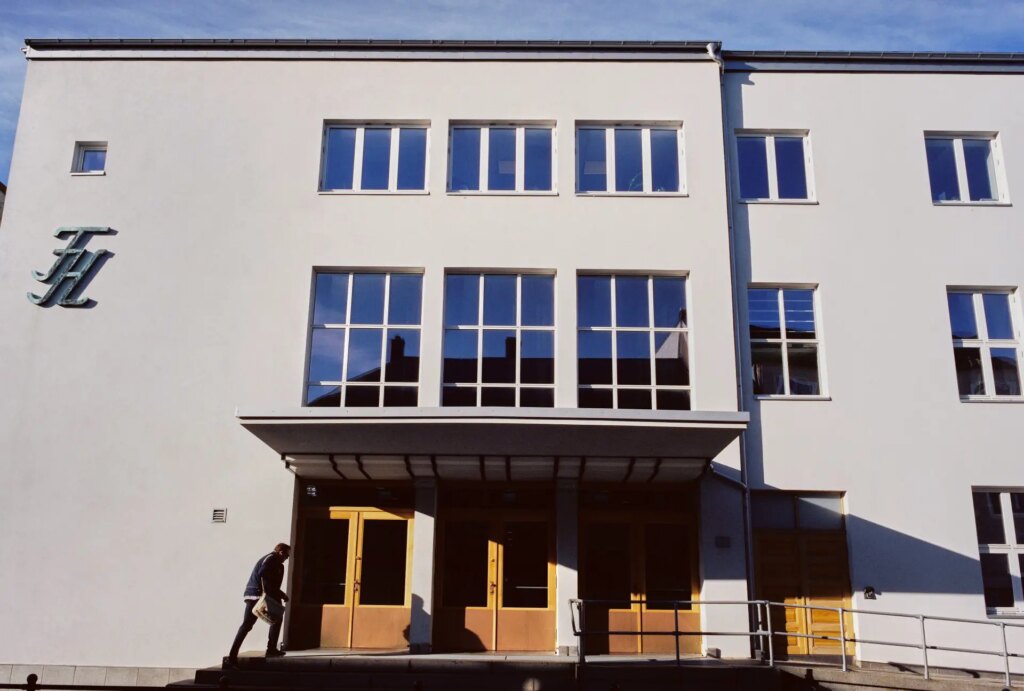
Another thing is that one day in the future, our photographs will be pictures of the past. And when I look at photos from the past, I enjoy looking at everyday objects and scenes, and familiar places. This shows me how much or how little, and how much, of our lives that have changed over time. So, I see it as a part of our tasks to show the future what our lives were like. Documenting everyday life and familiar places can become more valuable than we can imagine. We can not know now what people in the future will find interesting and exotic about our lives.
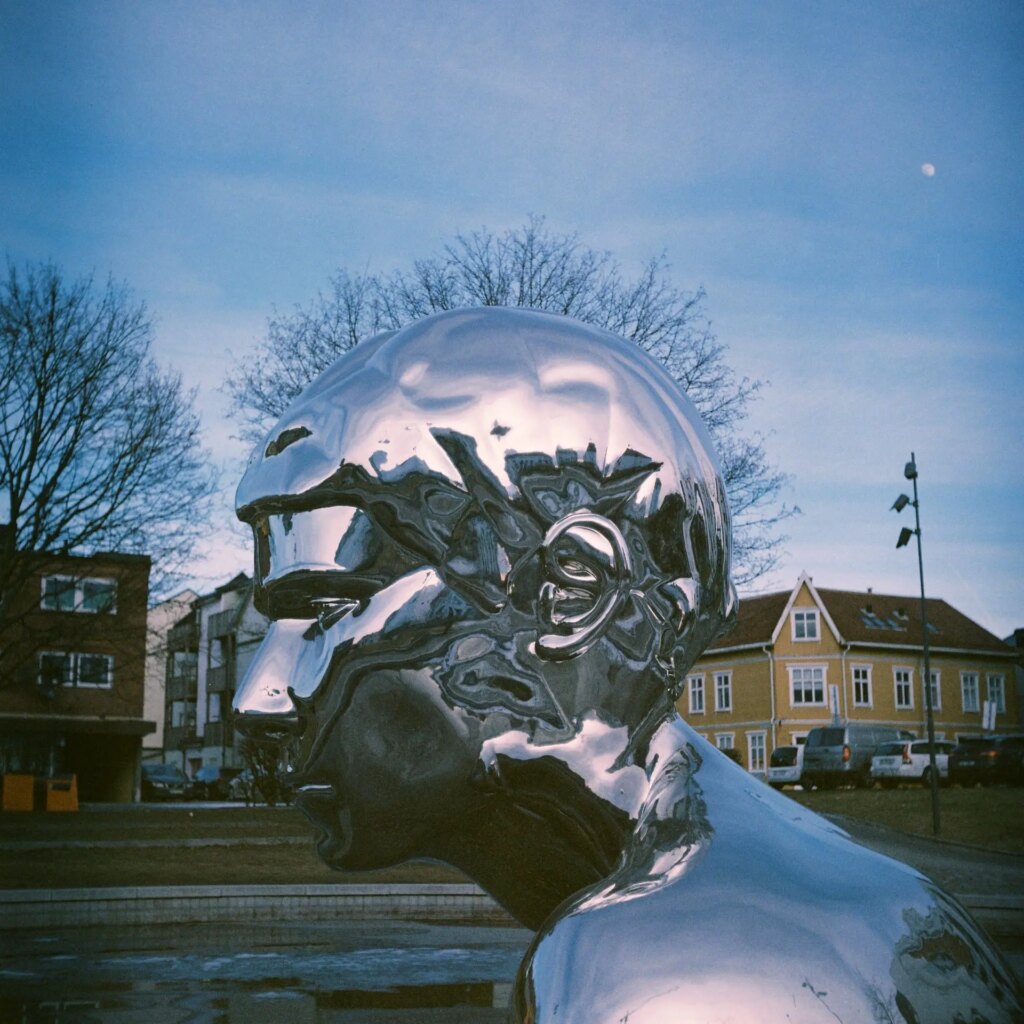
And lastly, searching for motives around our hometowns, we need to challenge ourselves to not take the same photos repeatedly. Different cameras, different film, different angles, and different times of the day can make us take more diverse photos and make us learn how to use different conditions to our benefit. I mostly take photos around my hometown because I don’t travel that much. And because I feel my photography benefits from me knowing the locations and conditions. It makes me able to plan better and more easily since I know how the light changes through the day, and if there is likely to be people there or not. It also makes me get to know my hometown even better. I can show you what is both familiar and exotic about where I live. And if I succeed, I can make my townspeople see their hometown in new ways, too.
Share this post:
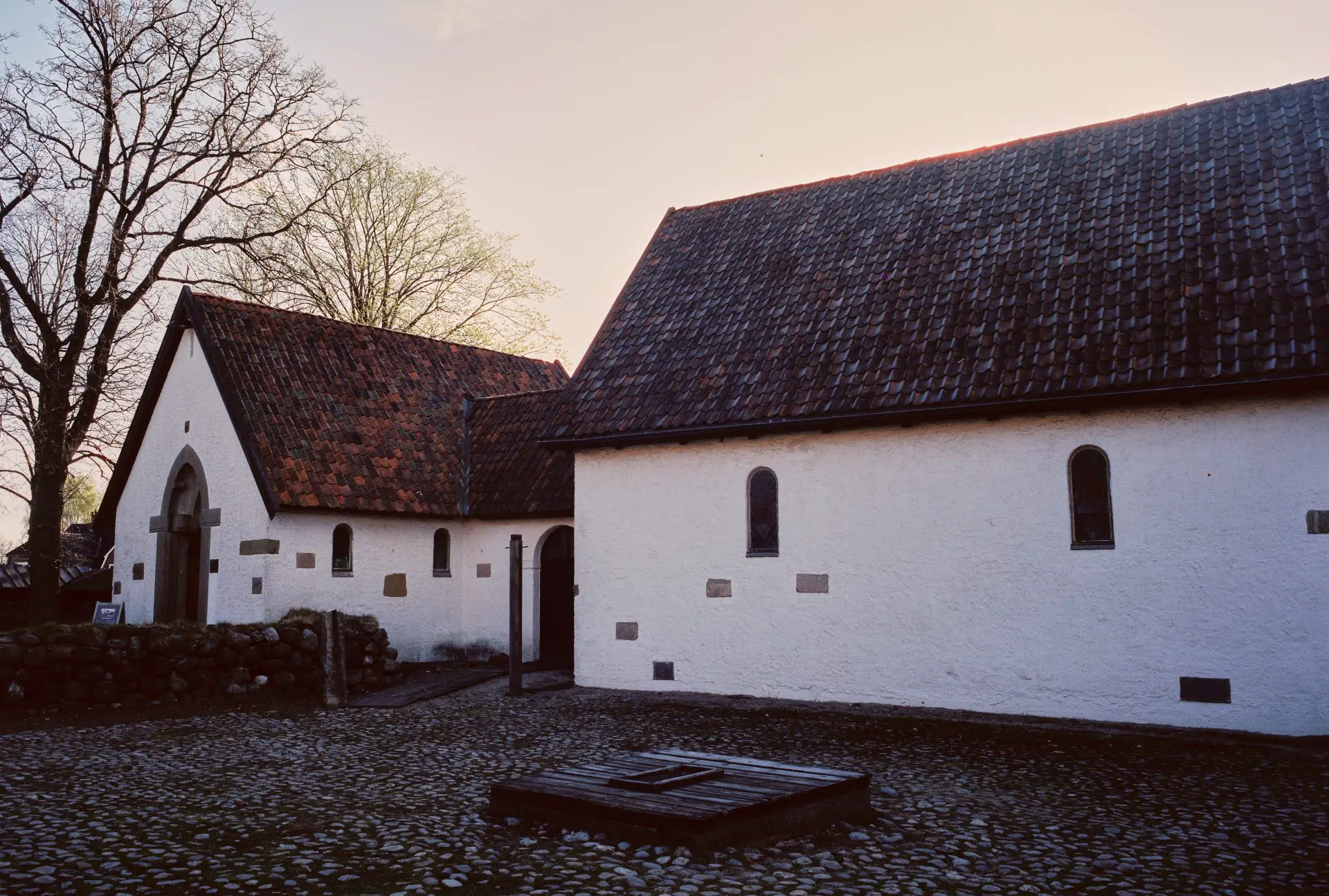
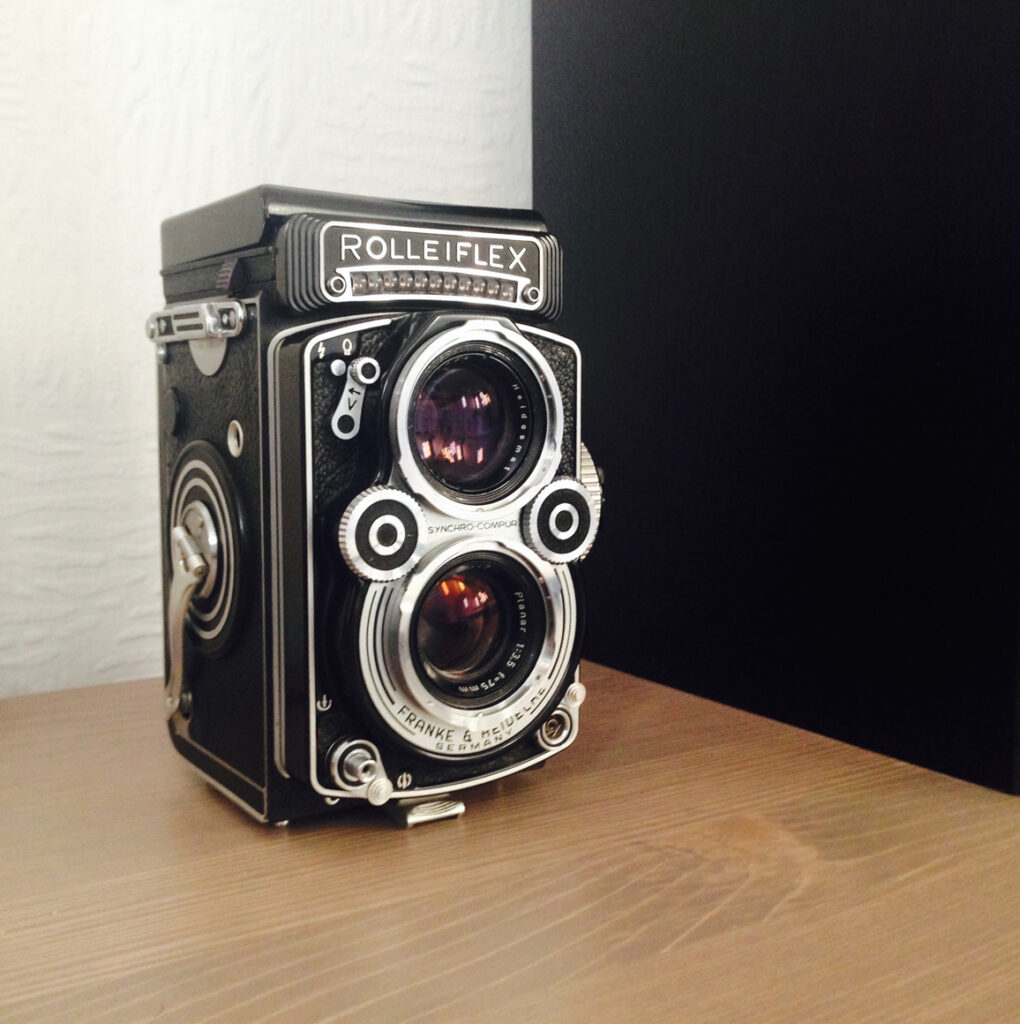
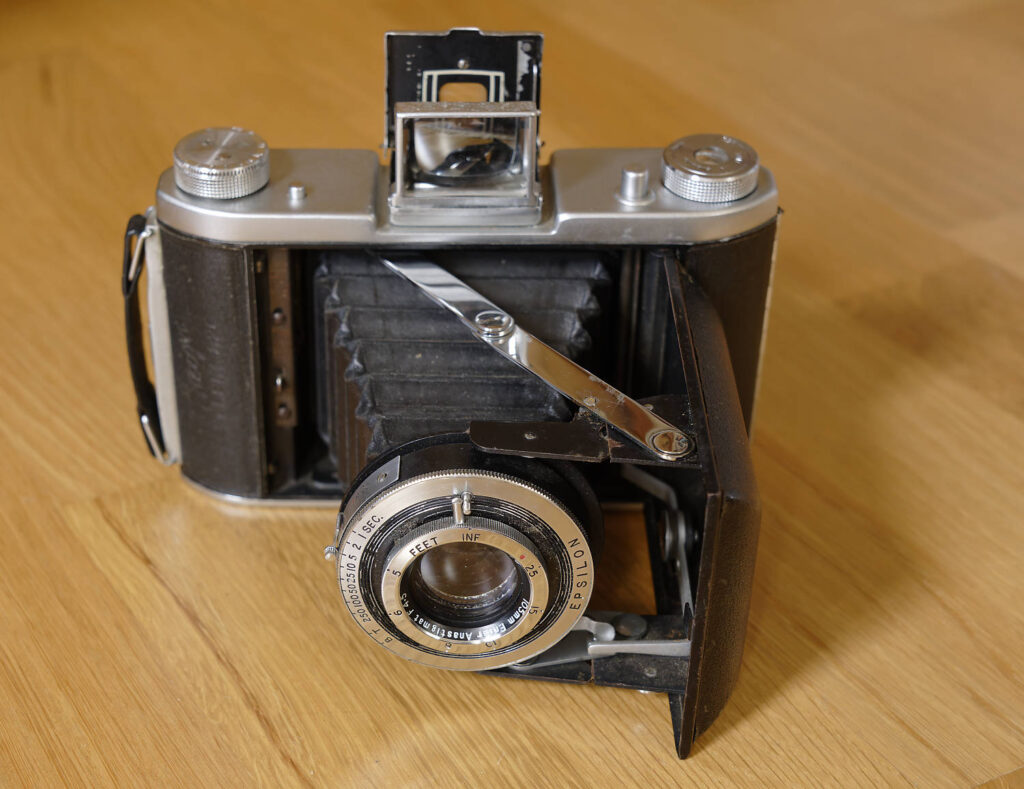
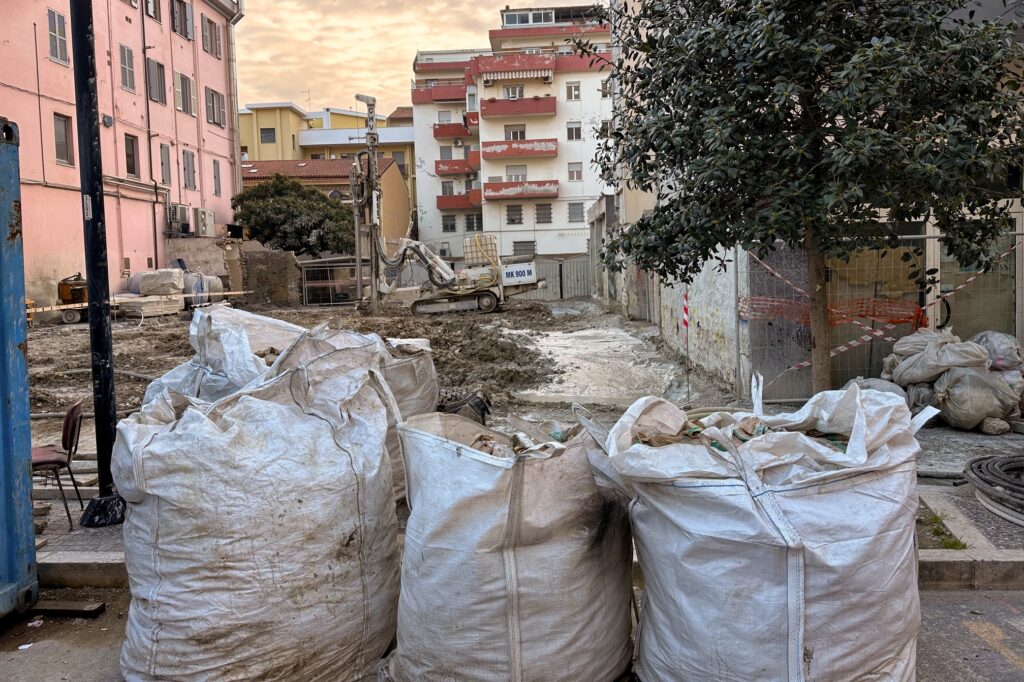
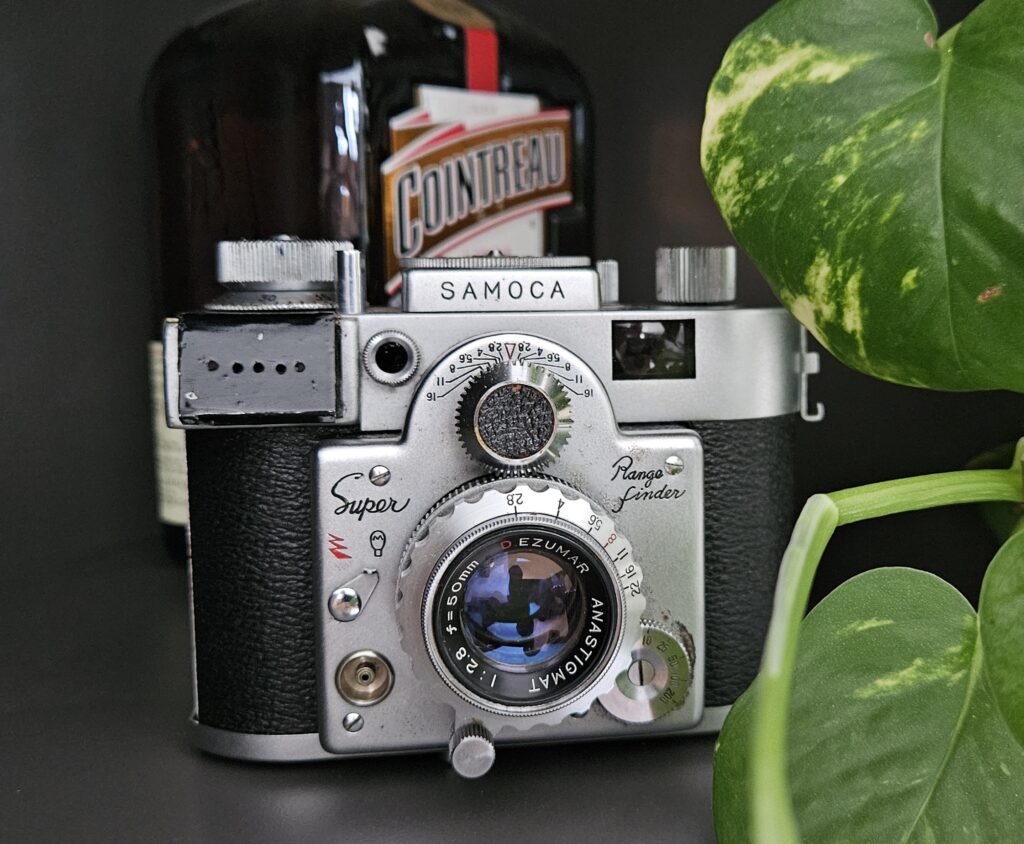




Comments
Paul Quellin on The Case for Photographing What You Know
Comment posted: 27/06/2023
Comment posted: 27/06/2023
Stevenson G on The Case for Photographing What You Know
Comment posted: 27/06/2023
Just my 2c.
Thanks!
Comment posted: 27/06/2023
John Feole on The Case for Photographing What You Know
Comment posted: 27/06/2023
Comment posted: 27/06/2023
Mac McCreery on The Case for Photographing What You Know
Comment posted: 27/06/2023
I struggled for a while wanting to take images that I thought others mu=ight like, whilst ignoring my real drive:I just like photographing things that I like!
Very timely.
Comment posted: 27/06/2023
JAMES LANGMESSER on The Case for Photographing What You Know
Comment posted: 27/06/2023
Comment posted: 27/06/2023
Mike on The Case for Photographing What You Know
Comment posted: 27/06/2023
Comment posted: 27/06/2023
Art Meripol on The Case for Photographing What You Know
Comment posted: 27/06/2023
Bill Brown on The Case for Photographing What You Know
Comment posted: 27/06/2023
My film archive also contains images in and around Dallas, Texas dating from 1978 to present. I spent many of the Covid lockdown days scanning and then printing about 500 5x7 proof prints for exhibit selection. There are numerous sub-groups contained within this body of work. One such group is the documentation of a local sports arena from when it was new in 1981 to sixteen months in 2009/10 when it was demolished. Again, all on film. I wrote a story for Emulsive back in 2018 that showcases this story and work where I discussed my thoughts about the process of shooting a personal photo project.
I also spent 8 years photographing an office complex exterior stairwell through the changing light of the seasons. I consider this body of work to be my most visually challenging and artistic.
My early photography adventures in the late 1970's deal with my personal motorcycle tours of the U.S. and Canada. I have lived out what you talk about here and I'm so glad I documented my life and the world around me. No other person on earth has seen or experienced what I have seen and experienced. This work is part of my legacy and I consider it to be my gift to those younger than myself who have yet to discover all the wonderful things that exist around them.
I hope your article gets a few people to consider following this course. Thanks for sharing this.
Doug Anderson on The Case for Photographing What You Know
Comment posted: 27/06/2023
My father photographed his Chicago home and neighborhood through the seasons in the years before WWII, but growing up in the early postwar years I never saw any of the photographs and didn't even know they existed. It was only decades later when we sorted through his things after his passing that we found the 35mm negatives, but no prints. We are not sure that any of them were ever printed. I scanned all of his negatives and have been gradually making 4x6 prints and mailing them to family members with an offer to make larger prints of any they would like.
And I am doing the same thing with my own photography. Except for very rare trips to Florida all of my photographs are taken within walking distance of my home. All of the family members who receive the prints know that scans of the negatives are on my computer, the physical negatives and contact pages are in binders in my bookcase and, most important, prints are in the hands of relatives all across the country and overseas.
Michael Elliott on The Case for Photographing What You Know
Comment posted: 29/06/2023
Cheers for writing this, makes me feel much more motivated in my search!
James on The Case for Photographing What You Know
Comment posted: 11/07/2023
I tend to see different opportunities walking the same streets and dirt paths in my neighbourhood here in NW Calgary, as well as downtown. I can walk the same street or pathway and discover a new shot I never saw before. We have to work with the canvas we are presented. Mine is my city, as I don't travel much. It makes me much more aware and observant of my surroundings.
Whether film, and now with old, unwanted CCD sensor digicams (oh, the shame!), I love nothing better (except me wife and kids) than simply strolling somewhere new, or already travelled, with a camera or two ready to capture the experience - even if only for me and my flickr page!
Wouter Willemse on The Case for Photographing What You Know
Comment posted: 14/07/2023
A first visit to a new location tends to result in "tourist snaps", photos that are often pretty generic and focussed on the famous spots, and the beauty of such spots. In my experience, they're usually not very insightful. But at the positive, they are images made out of genuine emotions, a lot less reasoned and rational than photos made in places one knows by heart.
The reverse is then that photos made in familiar location tend to get more beyond, are more likely to capture particulars, the unexpected bits, maybe emphasise ugliness as much as beauty. The content has more meat to it. But sometimes it's missing the heart, and showing too much the head, so to speak.
As a photographer, I prefer those familiar locations, because it forces me to think a bit more about what I really want to show. It trains the "eye" better to look for opportunities. But when I get back from holidays, I also recognise how lovely it can be to just enjoy whatever is in front of the lens, and go with it.
So for me, it's not an either/or, but an and/and - both approaches have value and both help me in their own ways as a photographer.
Michael Chiras on The Case for Photographing What You Know
Comment posted: 24/09/2023
Of course, any exotic place has its merit but in my opinion photos from these places are mostly self composed. You don't need any photographic skill or extraordinary camera to make a great photo of Dolomites, or Eifel Tower or Faroe Island for example. Take a smartphone and shoot at any random direction: you will end up with a bunch of keepers! But the real challenge lies to the ordinary, to make a good photo out of nothing: the nearby park, or the busy streets or even the car park of the Mall. In my experience the good light and a textured sky can make a huge difference!